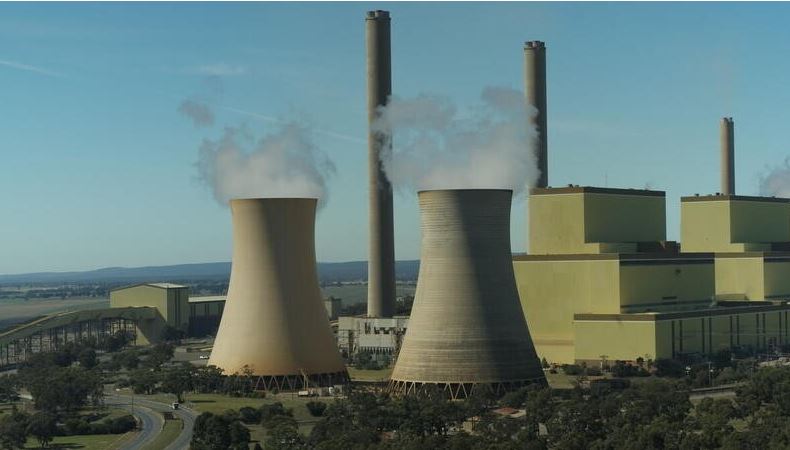Australian energy utility AGL Energy has shunned a revised takeover bid from a consortium led by Mike Cannon-Brookes’ Grok Ventures and Canadian investment firm Brookfield Asset Management to acquire 100% of the company. The new deal was worth about $9 billion, including the company’s debt.
The consortium submitted a pitch for $8.25 per share over the weekend, a 75c per share increase on an initial unsolicited bid of $7.50 submitted in late February. The Canadian firm was funding about 80% of the bid.
In a statement to the Australian Stock Exchange (ASX) on Monday, AGL said the board had rejected the revised proposal, telling the market the offer was still “well below” the fair value of the company and not in the best interests of shareholders.
Chairman Peter Botten said it also fundamentally ignored the potential future value of the company through the proposed demerger.
“It also ignores the momentum we have recently seen in the business through our solid half-year result, strong progress on the demerger, strong interest in our Energy Transition Investment Partnership and the improvements we are seeing in forward wholesale prices,” he said in a statement.
Following the rejection, Cannon-Brookes said he and his consortium partner would be abandoning their bid to take over AGL.
“The Brookfield-Grok consortium looking to take private & transform AGL is putting our pens down – with great sadness,” he confirmed on social media.
“This weekend, the board rejected our raised offer of $8.25. 46% more than the price of $5.55 about 90 days ago.
“The board are proceeding with their demerger path.”

It’s expected AGL will now press ahead with its plan to split the company into two separate entities – green energy retailer AGL Australia and coal-fired electricity generator Accel Energy – by June 30.
“The proposed demerger will be a catalyst for the potential realisation of shareholder value,” Botten said on Monday.
“It will create two industry-leading companies with distinct value propositions.
“It will allow each business to be valued separately and more positively by the market on the basis of their own specific fundamentals.”
The proposed entities have been assigned emissions reductions targets, putting them on course to reach net-zero in 2040 and 2047 respectively.
In February, AGL announced it would bring forward the planned closure of the Bayswater black coal plant in New South Wales (NSW) to “no later than 2033” and Loy Yang A power station in Victoria to 2045. AGL’s coal-fired Liddell power plant, also in the NSW, remains on track to close in April 2023.
The Brookfield and Grok Venture consortium had planned, if its bid was successful, to accelerate AGL’s plan to exit from coal, and close all three of its coal-fired power plants by 2030.
Cannon-Brookes said the demerger plan was “a terrible outcome for shareholders, taxpayers, customers, Australia and the planet we all share”.
Greenpeace Australia Pacific chief executive David Ritter said the rejected bid represents yet another failure by AGL’s leadership, which “continues to demonstrate an outdated, evidence-free obsession with burning dirty coal”.
“AGL has consistently failed to read the market, the pace of the energy transition, and the extent of its environmental damage,” he said.
“The energy market is shifting at lightning speed away from coal, as shown by Origin’s recent announcement that it will close the Eraring coal-burning power station by 2025.
“But instead of grasping a lifeline and taking the path to inevitable decarbonisation, AGL has chosen to move ahead with a demerger that makes no environmental or financial sense.”
This content is protected by copyright and may not be reused. If you want to cooperate with us and would like to reuse some of our content, please contact: editors@pv-magazine.com.









2 comments
By submitting this form you agree to pv magazine using your data for the purposes of publishing your comment.
Your personal data will only be disclosed or otherwise transmitted to third parties for the purposes of spam filtering or if this is necessary for technical maintenance of the website. Any other transfer to third parties will not take place unless this is justified on the basis of applicable data protection regulations or if pv magazine is legally obliged to do so.
You may revoke this consent at any time with effect for the future, in which case your personal data will be deleted immediately. Otherwise, your data will be deleted if pv magazine has processed your request or the purpose of data storage is fulfilled.
Further information on data privacy can be found in our Data Protection Policy.